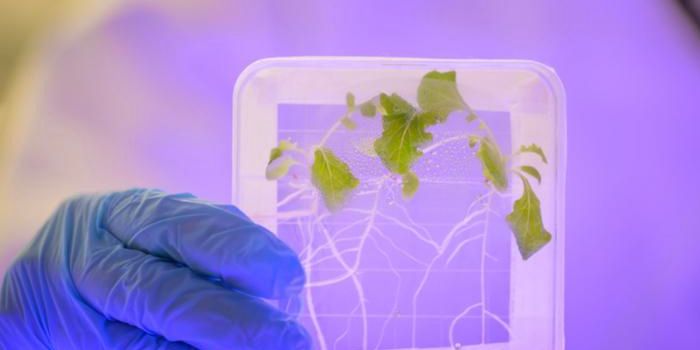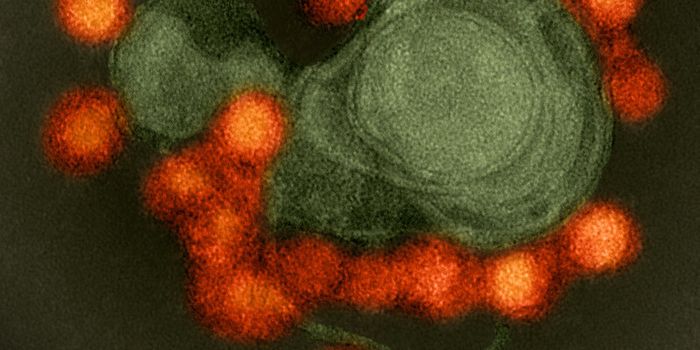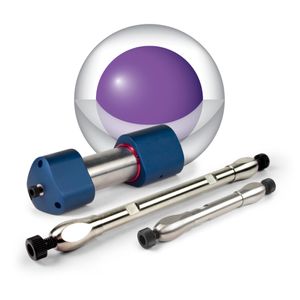Scientists have long searched for the answer to the question of how bacteria decide to cease normal function and form a spore, which in essence means death for the microbe. Bioengineering researchers and colleagues at Rice University have shed new light on the mechanism used by bacteria to make that decision. Revealing the method used could have implications for food preservation and the control of food-borne illness.
"Is there a specific biochemical trigger that activates one of the network proteins or is sporulation more of a general physiological response,” said study co-author Oleg Igoshin, an associate professor of bioengineering and a senior investigator at Rice's Center for Theoretical Biological Physics (CTBP). "It's a high-stakes decision, which suggests that the decision mechanism has come about through intense evolutionary pressure," Igoshin continued. "It's also possible that organisms have adopted this same mechanism to make other critical decisions."
Hard-shelled spores can survive for years without food so in forming one, an organism must devote all of its energy into sporulation. The timing must be perfect. If a microbe commits to become a spore too soon it may die from competition with healthy neighbors that continue multiplying. Delaying the decision too long could cause death by starvation before the spore formation is complete.
The new study, published in
Molecular Systems Biology, builds upon their previous work. Igoshin and collaborators made a computer model to show that a decline of cellular growth can trigger sporulation decisions in B. subtilis.
During starvation, when the growth rate of a cell slows down, the concentration of a key protein - Spo0A - increases, and the bacteria are likelier to form spores. The computational work done at Rice was then tested and confirmed experimentally in the lab of co-author Gürol Süel, associate professor of molecular biology at the University of California at San Diego.
B. subtilis excels at surviving and is commonly found in soil. It’s not harmful to people, even being used as a probiotic in some foods. It’s also the model organism of choice for biologists who study sporulation.
“Sporulation by some of the close relatives of B. subtilis is a big hassle for the food-preservation industry because many of those spores can survive boiling temperatures,” Igoshin said. “To kill those spores, you need to apply both heat and high pressure. So people have been looking for other methods to inhibit sporulation. If sporulation was triggered by a specific molecule, then perhaps a drug could be found to block that molecule, but our research suggests that sporulation is a general physiological response and that food safety engineers will need to look for other methods of control.
“Moreover, there is a good chance that this mechanism controls key decisions in other bacterial species,” he said. “It ties to very basic bacterial physiology, and as a result, I think it may be universal.”
Igoshin started studying the genes that regulate sporulation in B. subtilis a decade ago. You can see more about their work in the video.
Sources:
Rice University News & Media,
Molecular Systems Biology





















































